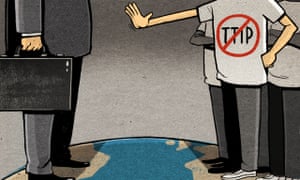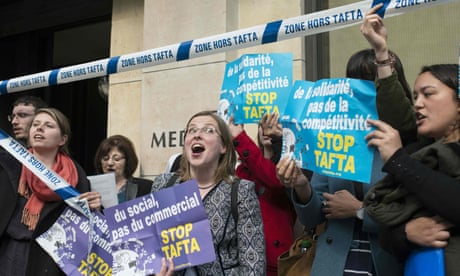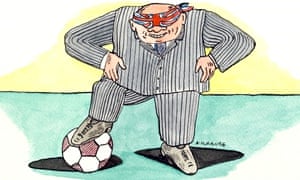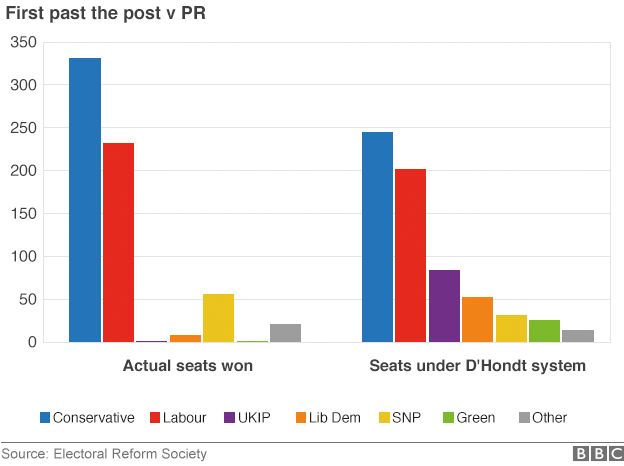I founded the Anti-Federalist League in 1991 to take Britain out of what became the European Union. The party was renamed Ukip - the UK Independence party – in 1993 and was a thoroughly mainstream one. It had policies on a wide range of issues but not immigration, not then seen as being controversial. Its membership form stated it had no prejudices against foreigners or lawful minorities of any kind. All that changed after I resigned as leader in 1997 to devote myself exclusively to academic life.
Before I left, I expelled Nigel Farage and two others from the party. They had convened a public convention in Basingstoke to examine why I had not won the 1997 general election. Media representatives and others were invited but not me. I, of course, would have explained that with fewer than 200 candidates, only £40,000 in the bank, no media coverage or name recognition, and with a wealthy Referendum party as well as the major ones to fight, there was never any chance of winning an election.
In any case, the Ukip national executive committee expelled them for bringing the party into disrepute, but really for their embarrassing political naivety and stupidity – qualities that they infused into the party when, after a costly legal battle Ukip could not afford to continue, they were restored to membership. Farage, of course, never ever managed to get himself elected as an MP in 20 years, or get any other Ukip candidate (save a couple of Tory turncoats) into parliament.
Yet, despite the lack of brainpower, Ukip was saved from oblivion by two external factors. First, in 1999, the EU changed the voting system for the European parliament, allowing parties with very low votes to enter. This allowed Ukip to become the default protest party in European elections, although its MEPs did little other than collect their salaries and expenses.
This enabled the party to appear on the BBC’s Question Time but brought no political gains domestically. Farage was not interested in ideas, policies or recruiting decent candidates. Only immigration mattered to him. He himself could joyfully describe Ukip’s 2010 manifesto as “drivel, sheer drivel”. The party that year secured only 3.1% of the vote, and fewer than one million votes. It is important to remember this.
However, it was now saved by another external factor. Nick Clegg took the suicidal decision to enter a coalition with David Cameron’s Tories, agreed to triple university tuition fees and back austerity. All this caused the demise of the Lib Dems and their replacement by Ukip as the default protest party domestically. This was already clear by the 2012 local elections and in the 2015 general election, when Ukip won more than 11% of the vote.
By then, of course, Cameron had committed himself to a referendum on EU membership, which he lost in 2016. Michael Gove and Boris Johnson secured Brexit; Farage, a toxic and divisive figure, was kept at arm’s length and success came in spite of him, not on account of him. (Only Donald Trump believed the opposite.)
Since the referendum Ukip has fallen apart. With a leave vote achieved and Farage gone, it has suffered from poor and eccentric leadership, falling poll ratings (less than 2% in the 2017 general election) and a general perception that Brexit can be left to the Tories.
The love life of its present leader has made it a national joke and the party’s MEPs and so-called front bench have deserted him. Indeed, Ukip may not be able to afford to run a new leadership election. As its founder I can only suggest that it should now dissolve itself. There may be a need for a party to hold the Tories to account over Brexit but that is not Ukip. It now lacks all political credibility and provokes laughter rather than sympathy. It is high time therefore for it to disappear.




